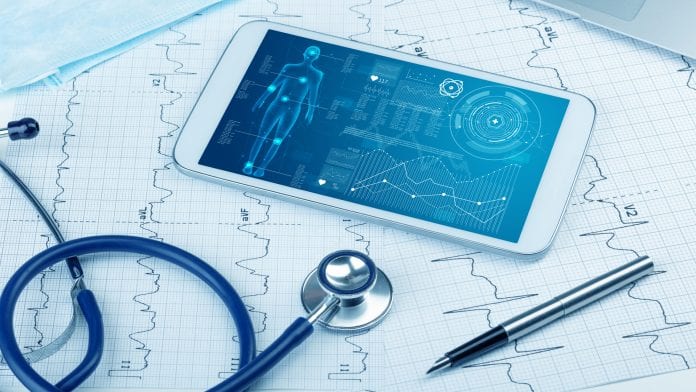Mobile apps: The enablers Healthcare Industry needs

Covid-19 has shaken the Healthcare Industry to its very roots. As we see hospitals and the healthcare system battle with coronavirus, the usual patients and diseases take a back seat. In the healthcare sector, mobile apps are playing a crucial role for a decade now. Doctors, hospitals, patients and even pharmaceutical companies struggled to be online, to be available. With the advancement in the healthcare industry, mobile applications can do a lot more than just be guides or online pharmacies. Telemedicine and initial patient screening, follow up appointments and patient assessments can be automated.
The computing power both at backend and in our mobiles open unfathomed possibilities and capabilities. All patient data and test records get conveniently archived and available on a click of a button.
“A virtual appointment costs an average $79. That’s much less than the $146 it costs for an office visit, according to a 2016 study in Health Affairs. By eliminating travel time alone, telehealth can save people hundreds of dollars over a several-year period, as found in a 2017 study.
Using telehealth services to avoid a single emergency room transfer in a rural area can save $1,739 in direct costs and $3,823 in net societal savings. In broader terms, a telehealth-enabled emergency department can reduce unnecessary ambulance transports to urban emergency departments by 56 percent, which puts paramedics back in service an average of 44 minutes faster and can enable them to treat more people in need sooner.” Source: AHIP
Telemedicine apps can empower patients to call for an ambulance and register for treatment directly from their phones in case of an emergency. This is an amazing advancement for elderly and critical patients to know that care is just an app away.
A number of fitness monitors and devices should link into telemedicine apps to monitor and keep patients on track of a healthy lifestyle. Fitness mobile applications are a trend in the healthcare industry solutions nowadays. In this fast life, people fail to take care of themselves as well as their family members. But also, they have become conscious of being healthy and are continuously attempting to lead a better life in terms of fitness and healthcare.
Telemedicine apps have a huge benefit for insurance companies as well as large organizations. The argument that data already exists in the system and why an app is needed fails as most of the data only gets to the system when the doctor and patient meet or the patient undergoes a physical checkup. The mobile phone, a device that can count our footsteps and accompany us everywhere we go, can act as a good tool to pick up not only the patient’s vitals but also the environment he has been in to assist in diagnosis and prevention. A most recent use of this is COVID-tracing apps, which have been largely adopted by governments and communities.
